Writing Trauma: Notes of Transcendence
Writers have the privilege—and power—of putting words to experience: the good, the bad, and the ugly.

Writers have the privilege—and power—of putting words to experience: the good, the bad, and the ugly.

There’s a passage in Donna Tartt’s celebrated The Goldfinch, almost a third of the way in, where our protagonist Theo Decker first touches down in Las Vegas. He is arriving for the first time in the West, and Tartt and her literary eye are too.
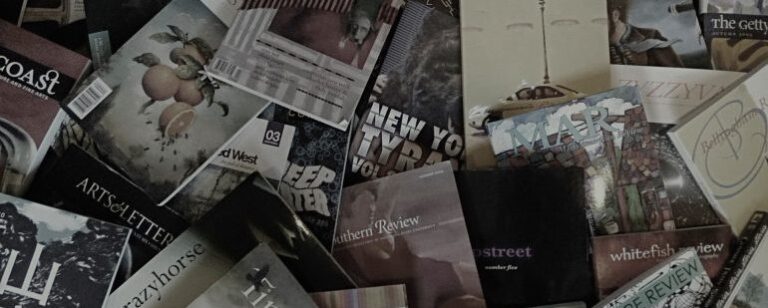
But that’s the difficulty—for the narrator and for us. We can’t answer the question what we did without also answering who we were.

Apogee Journal’s new folio “Queer History, Queer Now” acts as an “altar” to “reject the whitewashing, the profit-making, and political tokenizing that warps queer struggles and tragedies.” For this month, I decided to write regarding Joshua Jennifer Espinoza’s “Wrapped In My Body I Dream.”
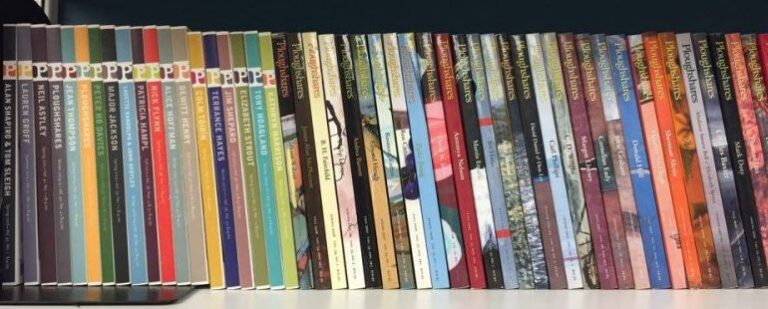
As a teacher, I am occasionally accused of lingering. One poem by Emily Dickinson can fill an entire class. An hour isn’t too long to unpack the final page of Mary Shelley’s Frankenstein.
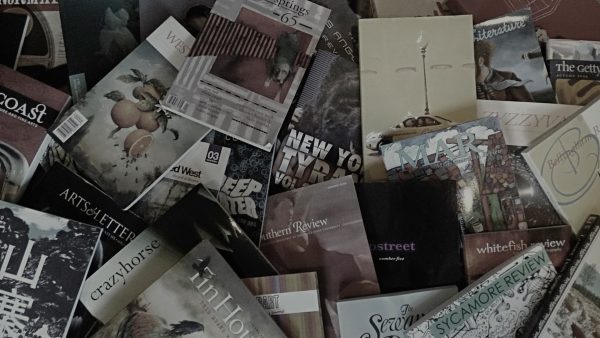
When someone is faced with a life or death situation, principles that in quieter times appeared self-evident can become much more difficult to hold.
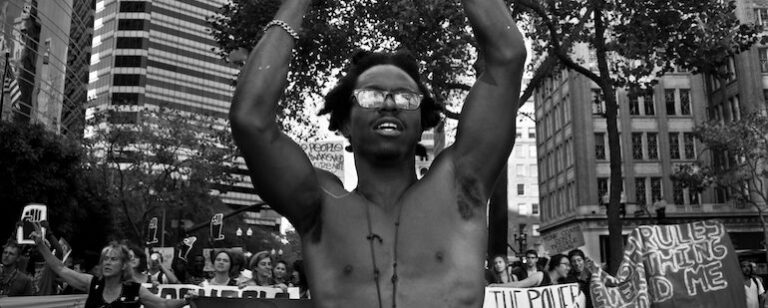
In a blog series for Ploughshares, I ask a poet and a non-poet the same questions. This month, I interviewed poet and theorist Fred Moten and avant-electronic producer, Elysia Crampton on history, fiction, embodiment, and the concept of equality.
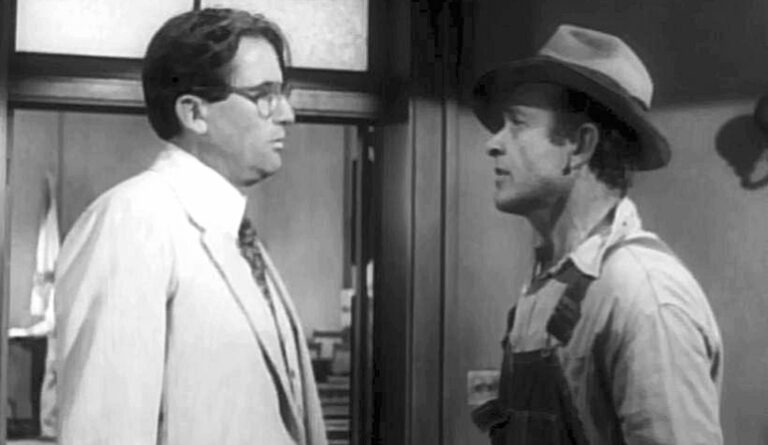
September 14, 1919. A lynch mob gathers outside of the county jail in Monroeville, Alabama. They are there for Frank and Brown Ezell, father and son, who have just been arrested for the murder of a white store owner.
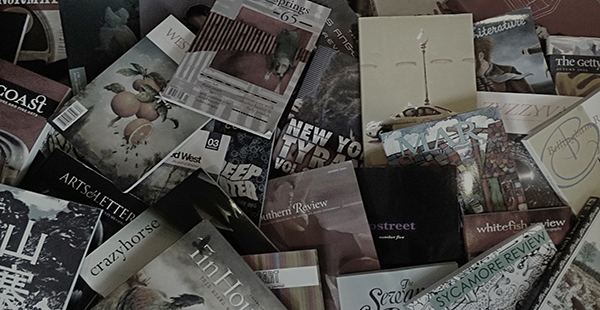
In “Freedom,” Rachel Cusk explores the difficult task of attaining independence, both from the perspective of those who already have it and those who do not.
No products in the cart.